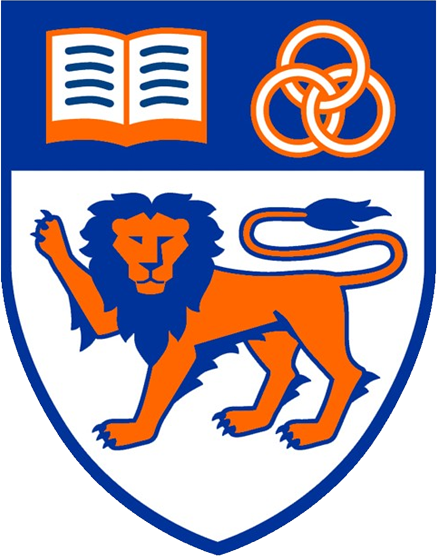Problem K
Keep the Ordering
Call a positive integer sorted in base $b$ if its base-$b$ digits appear in non-decreasing order. For example, $1223$ is sorted in base $10$, $132$ or $120$ are not.
It has been shown that there are infinitely many integers $n$ such that both $n$ and $n^2$ are sorted in base $b$ if and only if $b-1$ is divisible by a nontrivial square (though I can’t track down the source). Therefore, fortunately, when $b=10$ therefore infinitely many integers such that both $n$ and $n^2$ are sorted in base $10$.
The problem: given $X$ as an input, output number of integers $n \in \{ 1, \dots , X \} $ such that both $n$ and $n^2$ are sorted in base $10$.
Input
The first line is a positive integer, the number of test cases $T \le 10^5$. There are $T$ more lines, each contains a positive integer $X \le 10^{18}$.
Output
For each test case, output a line containing the result.
| Sample Input 1 | Sample Output 1 |
|---|---|
3 5 8 13 |
5 7 9 |

